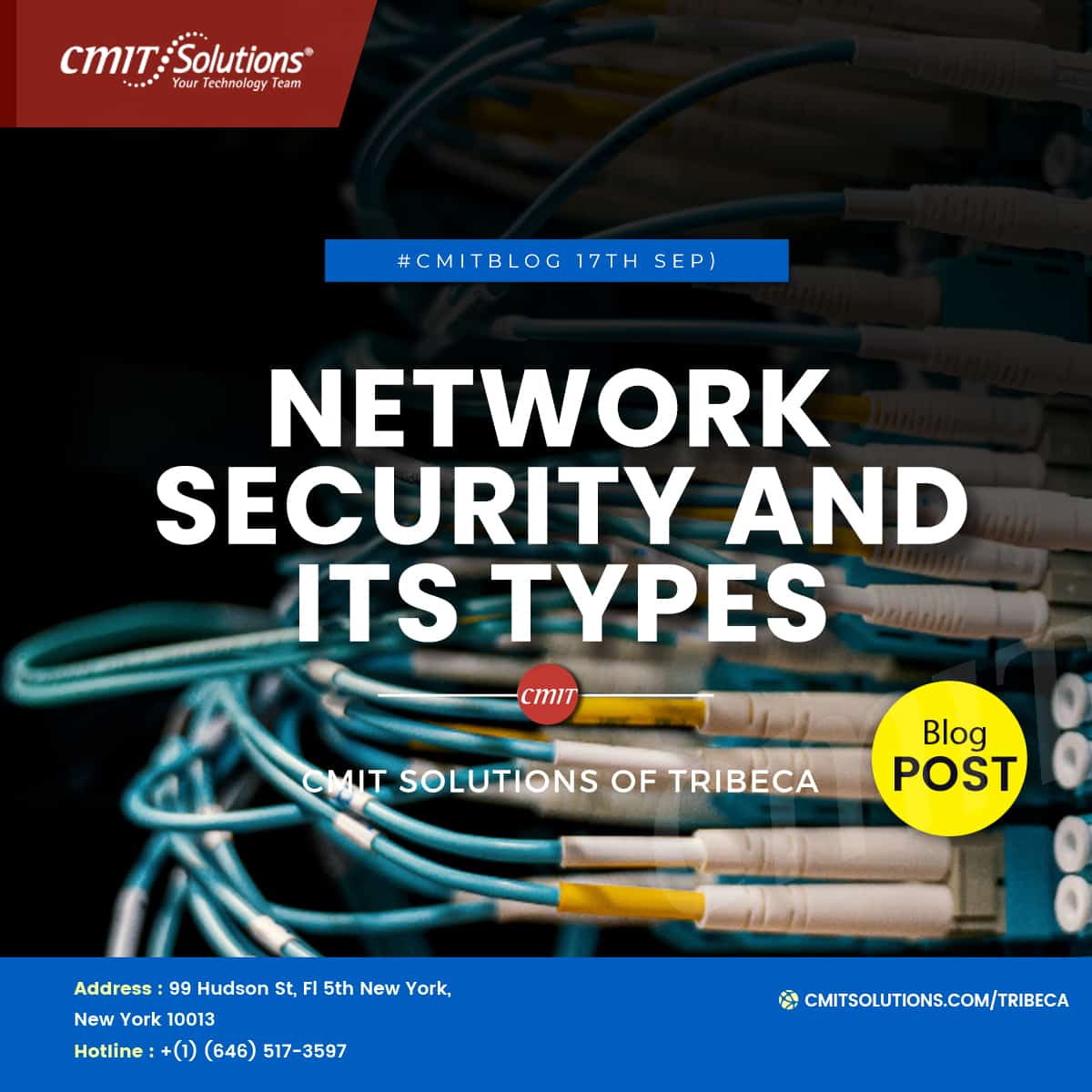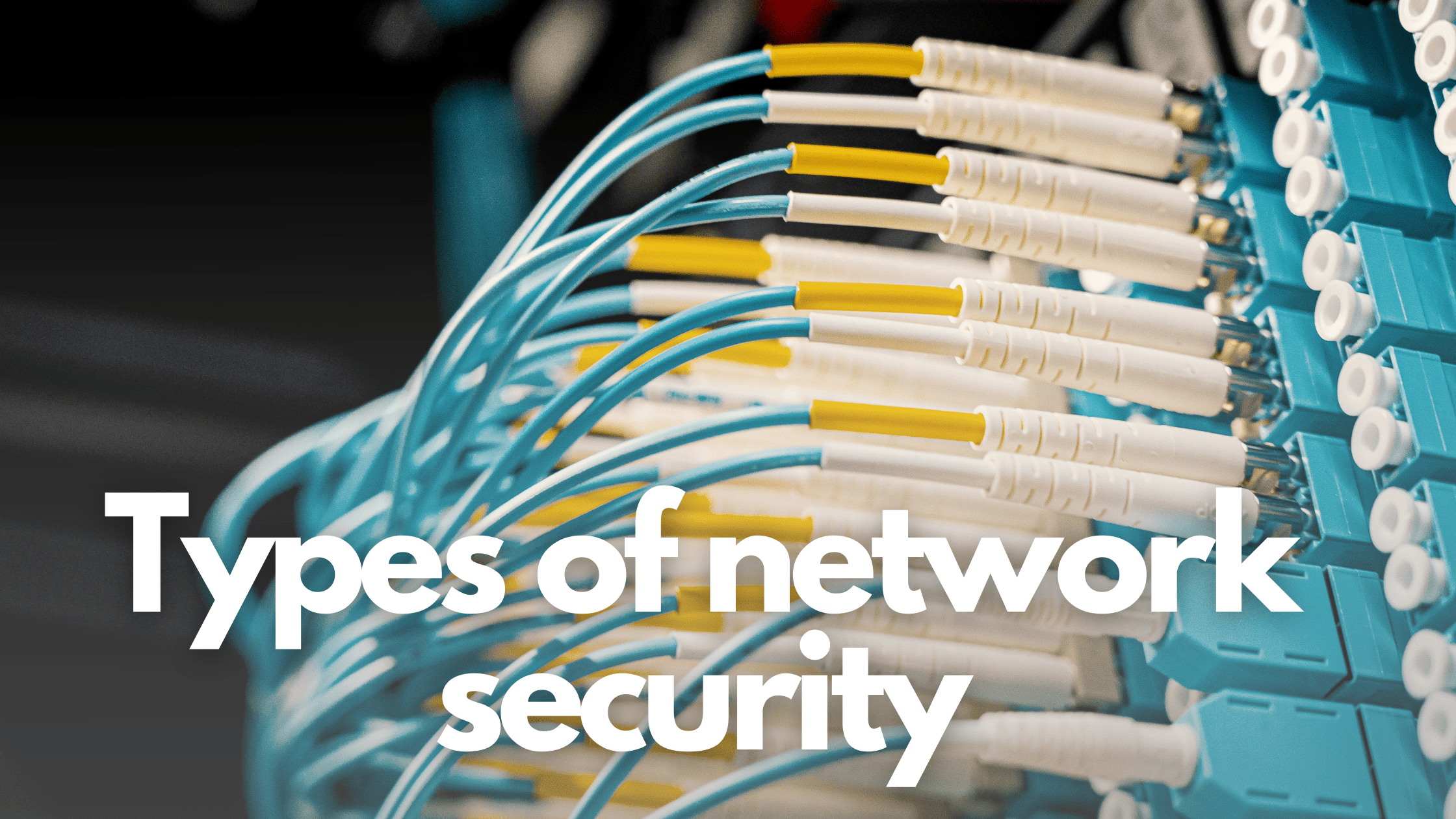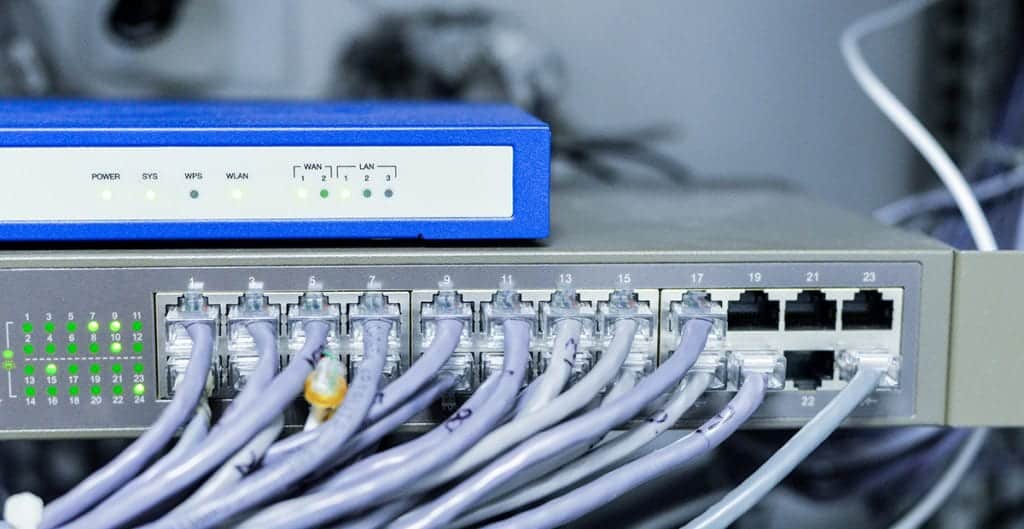In simple terms, network security refers to system rules and regulations put in place to protect the integrity, confidentiality, and accessibility of devices, networks, and data using both software and hardware technologies. Due to the extensive growth in cyber threats and hacking instances, every organization needs a network security protocol in place. The network security measures, unlike physical security, do not depend on the size of the company. Even a small company can choose to have tight network security to protect its data.
Today computing and network have become a complicated business. There is n number of ways to store data and just as many possibilities for hackers to steal the data. The attackers or rivals are always looking for an opportunity to steal and exploit other’s resources. The threats like these put companies in a vulnerable position that makes it even easier for them to be taken of advantage. These threats encompass a broad number of areas, including devices, data, applications, users, and locations.
There are several network security management tools and applications in use today that aim at securing devices and networks to prevent an attack on a company’s data, to avoid a breach. It doesn’t take days for a hacker to get into the system and steal somebody’s files. The hacker can use the acquired information as leverage or blackmailing purposes. The severity of the possible situations makes it even more essential to have a network security solution or a service provider who can manage network security for your company.
There is no single way for an attack to happen. There are multiple layers involved in the data, devices, and internet networks. So, the network security system you employ to protect your company’s info should be capable of handling an attack at any level of the system. Three types of network security control are- physical (to control unauthorized physical access), technical (to protect data stored on a network), and administrative (to monitor user behavior).
4 Types of network security
Network Access Control
Network Access Control means the full control of who gets to access which file is in the hand of the administrator. The administrator can choose to make a few files public but keep the confidential ones private using the Network Access Control. The controlled access rules keep the potential attackers away from your network.
Antivirus and Antimalware Software
Antivirus and antimalware software are known to even ordinary users. This software protects data from a range of malware, including viruses, ransomware, worms, trojans, etc. The attackers may also use a new virus. The best Antivirus software’s job will not be to only scans files upon exposure to the network but also random or continuous in the background.
Firewall Protection
Firewalls work like a barrier between the external networks and the internal network. As an administrator, you can choose what kind of traffic do you want to access your data by configuring a set of defined rules that block or permit traffic onto the network.
Virtual Private Networks
Virtual private networks or VPNs establish a private network from a different location. VPNs create a connection from another endpoint or site. Users use this feature to protect their actual location as it masks the online location by a different virtual location.




